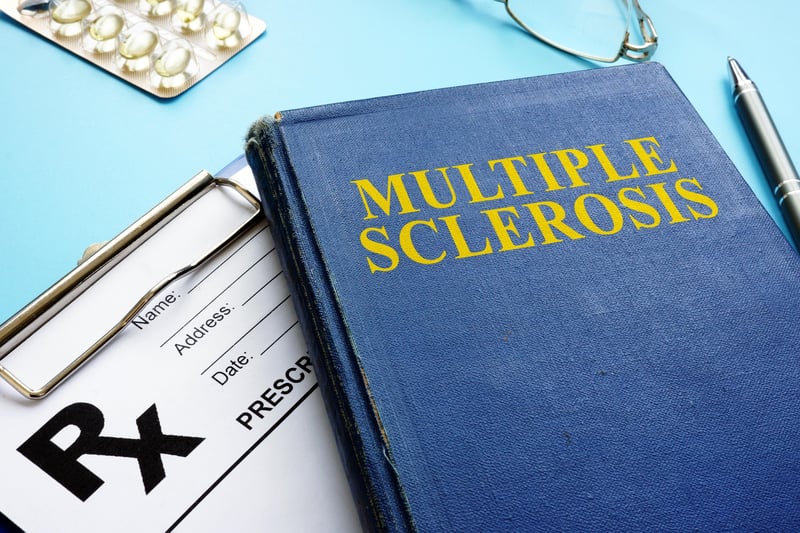Using the RefillRx mobile app? Then you will love our new, ENHANCED Sentry Drug Center mobile app.
Quickly request refills or login and manage your prescriptions on the go!
Available on both iTunes and Google Play.
Call or Visit for All of your Vaccination Needs!
Get Healthy!

- Cara Murez
- Posted July 26, 2023
The Earlier MS Is Treated, the Better
Patients who get treatment for multiple sclerosis at the earliest signs of disease may have a lower risk of disability later, new research suggests.
Among nearly 600 patients, there were lower odds of disability and progression among people diagnosed and treated within six months of symptoms onset, researchers report in their new study, published recently in the journal Neurology.
"When it comes to MS treatment, the earlier the better," study author Dr. Alvaro Cobo Calvo said in a journal news release. He's with the Multiple Sclerosis Center of Catalonia and the Autonomous University of Barcelona in Spain.
In MS, the body's immune system attacks myelin, a fatty white substance that insulates and protects the nerves. Symptoms include fatigue, numbness, tingling or difficulty walking.
The researchers examined the impact of early treatment in a study of 580 people after they had a first episode of symptoms and received at least one disease-modifying drug.
The patients were divided into three groups. The first was 194 people who had their first treatment with an MS drug within six months after the first episode of symptoms. The second was 192 people who had a first treatment between six months and 16 months after symptoms emerged. The third group, of 194 people, had their first treatment after more than 16 months elapsed.
For an average of 11 years, researchers monitored people's disability levels and brain scans for damage to the brain and spinal cord from the disease. Participants had disability scores that ranged from zero to 10, with higher scores indicating more disability.
Those treated earliest had a 45% lower risk of reaching a score of 3 by the end of the study compared to those who were treated latest. With a score of 3, you can still walk unassisted but have moderate disability in one of eight areas, such as motor function, vision or thinking skills, or mild disability in three or four areas.
Among those in the earliest treatment group, 23% had a score of 3, compared to 43% in the latest treatment group.
Those who received the earliest treatment also had a 60% lower risk of moving to the next stage of the disease, the study found.
Called secondary progressive MS, in this stage disability gets steadily worse. About 7% of people from the first group were diagnosed with secondary progressive MS compared to 23% in the last treatment group.
Also, people with the earliest treatment were 50% more likely to remain stable at their disease level one year after their initial treatment than their late-treatment counterparts.
People from the earliest treatment group also self-reported a lower disability progression rate and lower severe disability.
"Altogether, our results support the robustness and effectiveness of very early treatment to halt long-term disability progression, and stress that earlier detection and treatment is encouraged,"Cobo Calvo said.
The research only included patients between ages 16 to 50 at the time of first symptoms. Findings may not apply to those over age 50.
More information
The National Multiple Sclerosis Society has more on MS.
SOURCE: Neurology, news release, July 19, 2023
